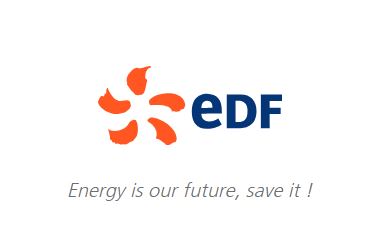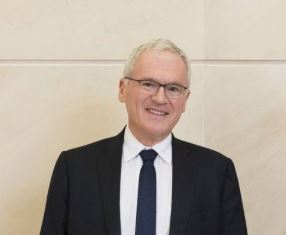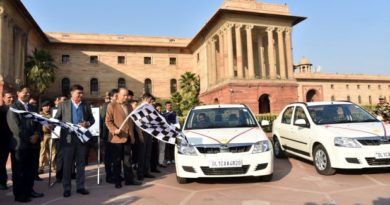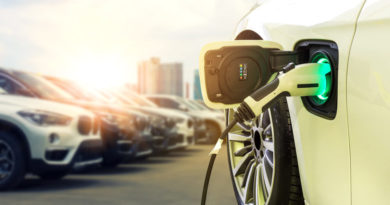EDF Plans to Become the Leader in Electric Mobility in Europe

French energy utility giant EDF (Électricité de France) has announced the launch of a new Electricity Mobility Plan, with the aim of becoming the leading energy company in the e-mobility field by 2022. Targeting its four largest European markets: France, United Kingdom, Italy and Belgium.
The French energy giant was quoted to be “really bad” green provider at the start of October by Greenpeace France, but that hasn’t stopped the majority state-owned (58%) energy firm to release what is its third major clean energy plan in the last twelve months after the, launch of the Solar Plan in December 2017 and the Electric Storage Plan in March 2018.

Jean-Bernard Lévy, CEO of EDF, said, “A pioneer in electric mobility, a key player today, the EDF Group is accelerating its commitment with its Electric Mobility Plan. Thanks to its low-carbon production mix, EDF will contribute fully to the fight against global warming by helping territories, companies and individuals to develop clean mobility everywhere and for everyone. To succeed, EDF builds an ecosystem of innovative players through strategic partnerships that will enable large-scale deployment of the best technologies to serve its customers. ”
With the Electric Mobility Plan, EDF accelerates with concrete objectives in its four major European markets with the following three targets:
1. Being the 1st supplier of electricity for electric vehicles in 2022,
EDF intends to provide electricity to 600,000 electric vehicles or 30% market share in France, the UK, Italy and Belgium. Starting in 2019, the Group plans to offer fully integrated offerings on each of these markets, including low-carbon electricity supply, a charging solution for all customers with a parking space, and services to optimize charging, and the use of the vehicle battery.
2. Be the 1st electrical terminal operator,
EDF plans to become the leading public and private charging infrastructure operator in its four core countries in Europe. Through its subsidiary Sodetrel, the Group aims by 2022 to deploy 75,000 kiosks and to provide access to 250,000 interoperability kiosks to its customers in Europe. EDF will also look to develop innovative charging solutions for all customers who do not have a parking space, particularly in a collaborative innovation approach led by EDF Nouveaux Business and R & D.
3. To be the European leader in smart charging,
Electric mobility will result in a transformation of electrical systems because the electric vehicle is also a battery that can be made available to networks and contribute to their balance during periods of high consumption. With the Electric Mobility plan, the Group will become the leader in smart charging in Europe with the objective of operating 4,000 “smart” terminals by 2020.
The company has entered into strategic partnerships with companies that it hopes will help achieve its ambitious targets from the Electric Mobility Plan. An agreement with San Diego based, NUVVE technology, which has developed a vehicle-to-grid bidirectional charger software technology.
EDF and Renault are partners for the development of common offers and the experimentation of electric mobility solutions in island territories and metropolises. With Toyota, the company is working on areas of smart charging and the specifications of hydrogen charging stations. EDF Energy (wholly-owned subsidiary of the EDF Group) and Nissan International are partners in the UK for the development of common offers for electric mobility, smart charging, second-life battery usage, storage and renewable energy.
Avec son #PlanMobilitéElectrique, le Groupe EDF accélère pour être le leader de la #MobilitéElectrique en Europe dès 2022 pic.twitter.com/uDKn1pjJ4Z
— Jean-Bernard Lévy (@J_B_Levy) October 10, 2018
While the two other plans (Solar and Electric Storage) have been allotted specific budgets (€25 billion and €8 billion), no budget has been specified for its latest and possibly biggest plan yet.
Read: France’s journey to a coal free, 100% renewable energy mix by 2021.




